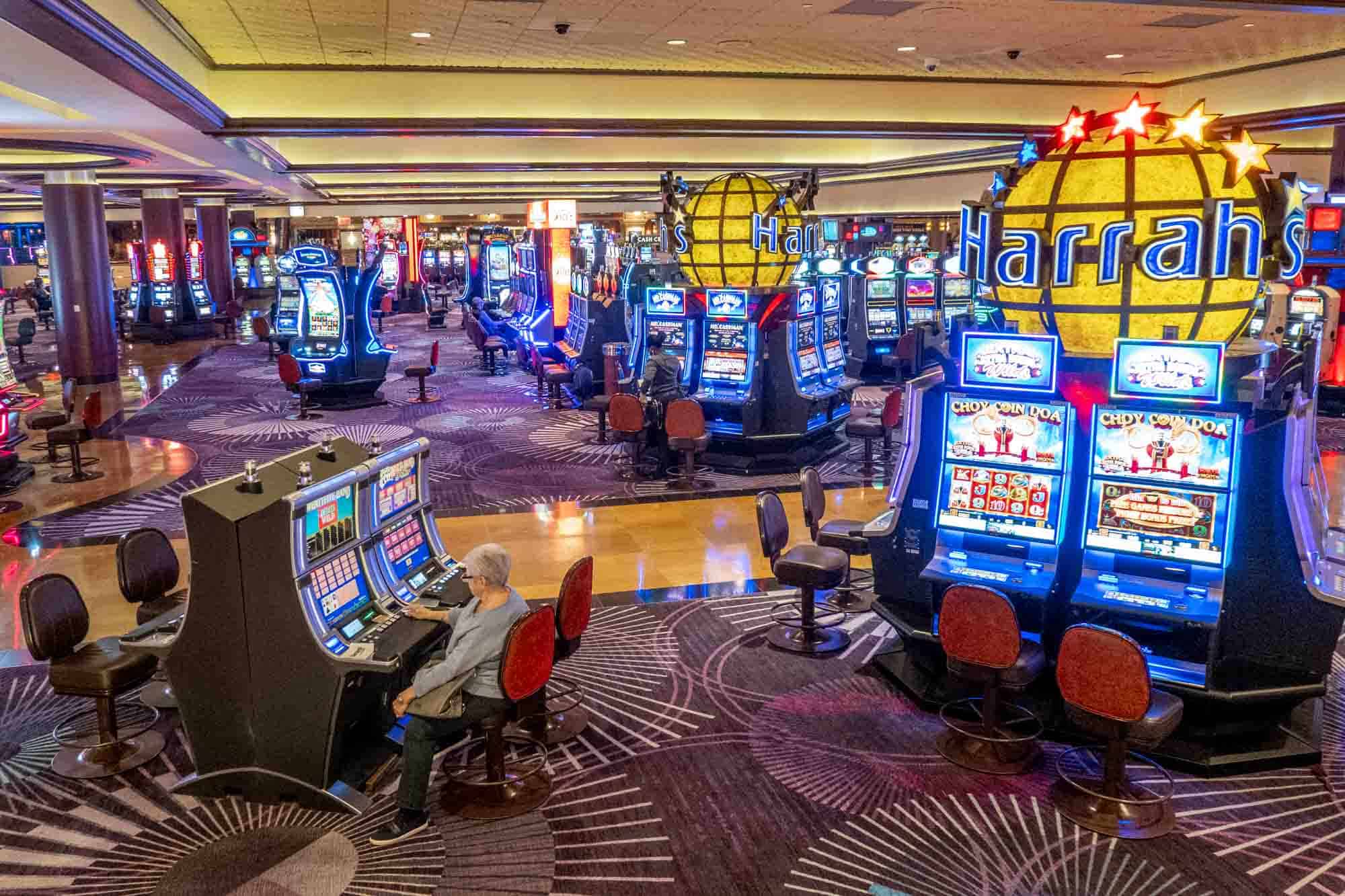
In the world of gambling, where chance and strategy intersect, a unique tapestry of beliefs unfolds—one that weaves together luck, fate, and the enigmatic nature of casino games. Casinos, bustling with excitement and anticipation, are not just spaces for placing bets; they are also arenas in which superstitions thrive. From the novice player to the seasoned gambler, these mysterious practices often shape how individuals approach the games they play, holding the belief that their actions can influence the outcome in ways that go beyond mere probability.
When players gather around roulette wheels, blackjack tables, and slot machines, the atmosphere is thick with stories of lucky charms, rituals, and codified behavior that defy logic yet provide a sense of comfort. It could be the case that it’s wearing a specific outfit, following a particular sequence of bets, or even avoiding certain numbers, the attachment to various superstitions reflects a deep-rooted desire to master the uncontrollable. This article delves into the captivating world of casino game superstitions, investigating the beliefs that both entertain and mystify those who dare to play.
Cultural Roots of Superstitions
Casino games have long been interwoven with an array of superstitions that trace to primitive societies. The origins of these ideas can be linked to humanity’s fundamental need to control the random outcomes related with luck and randomness. In primitive civilizations, games of chance were often connected to spiritual practices. Gamblers would call upon favor or ask for favor from deities, believing that their actions could affect the outcomes in their benefit. This groundwork laid the groundwork for the multitude of superstitions that developed as gambling evolved over time.
During the Middle Ages, gambling became a widespread hobby across the continent, and with it, a colorful tapestry of superstitions developed. Participants adopted numerous rituals and charms, believing they could influence the consequences of games. The significance of numbers, in particular, began to appear in superstitions pertaining to card games and dice. The number 7 was often considered favorable, while different numbers carried unfortunate connotations. These beliefs mirrored the cultural contexts of the time, adapting as they passed through generations and changed to different gaming environments.
As gambling houses emerged in the 1600s, particularly in the Italian peninsula and the French nation, the atmosphere surrounding betting became imbued in enigma. The growing openness of gambling activities allowed for the dissemination and diversification of superstitions among players. Concepts like lucky charms, special seating locations, and rituals gained importance, creating a unique culture within gambling establishments. As these practices continued to thrive, they became essential to the essence of casino games, illustrating how the past and culture shape the belief systems that influence how participants interact with luck.
Common Gambling Superstitions
Superstitions surrounding gambling activities are abundant and diverse, reflecting the hopes and anxieties of gamblers as they engage in chance-based games. Kết quả bóng đá One of the most prevalent views is that certain digits bring luck or misfortune. For example, the digit seven is often seen as a lucky number, frequently embraced by players looking for a positive result. Conversely, the number thirteen is routinely considered unlucky, leading many gamblers to avoid it during their gambling sessions. tỷ lệ kèo nhà cái
Another frequent belief relates to practices that players believe can influence their odds. Whether blowing gently on dice before a throw, using a specific gesture to place a bet, or even wearing specific items of attire, many individuals feel that these actions can tilt luck in their benefit. These rituals offer a feeling of control in an otherwise unpredictable environment, reinforcing the idea that luck can be manufactured through individual convictions and customs.
Lastly, the ambiance and atmosphere of the casino itself contributes to superstition. Many gamblers suggest that the presence of certain symbols, such as four-leaf clovers or fortunate coins, can enhance their odds of winning. Additionally, players might adhere to the notion that winning streaks can be interrupted by mundane events, such as someone passing by or a spill at the gaming surface. The shared atmosphere in a casino can amplify these beliefs, creating a shared culture of superstitions that goes beyond single encounters.
Impact of Superstitions on Players
Beliefs play a significant role in the psychology of casino players, often influencing their actions and decision-making. Numerous gamblers believe that luck can be manipulated through different rituals, such as wearing a lucky charm, choosing particular hues, or steering clear of particular digits. This reliance on superstitions can create a sense of control in an environment that is intrinsically unpredictable. Players frequently feel more confident and involved when they feel that their actions could sway the result of a game in their favor.
The influence of these superstitions extends past singular players, affecting the overall atmosphere within the casino. For instance, a player who holds the belief in the luck of a particular slot machine might draw a crowd, as onlookers are intrigued by their apparent success. This collective belief can amplify excitement and create a dynamic environment, leading to an engaging experience even for those who may not necessarily be superstitious. The buzz around specific games can lead to higher participation and extended playing sessions, supporting the casino’s lively social scene.
In some instances, superstitions can lead to negative effects for players. Depending too much on rituals can result in poor gambling decisions, as some may overlook basic strategies in favor of unfounded beliefs. Additionally, the stress to perform rituals may heighten anxiety and stress levels, diminishing from the pleasure of the experience. Ultimately, while superstitions can enhance the excitement of playing casino games, they can also lead to poor choices that overshadow the enjoyment and entertainment intended in the casino experience.